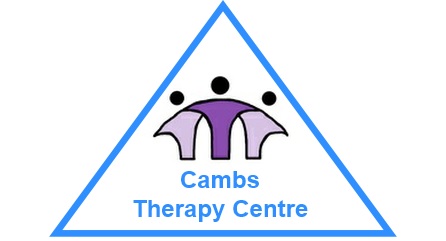Our Centre is based in Huntingdon, Cambridgeshire, & we welcome people with a diverse range of medical conditions – although we do specialise in M.S. We also welcome carers & anyone just interested in feeling their best. All are welcome!
So what is M.S.?
Multiple Sclerosis (MS) is a disease of the central nervous system, it was first recognised almost 150 years ago, and the cause is still unknown. It is most common neurological disease in young adults; latest research suggests at least 100,000 people are affected in the UK alone. More women than men are affected by Multiple Sclerosis (a ratio of at least 2:1). It is generally first diagnosed when the person is in their 20’s or 30’s, but it also increasingly being diagnosed in children as well, the youngest known being only 5 years old.
To that end, no two people with MS have exactly the same experience. Some common symptoms include:
- Extreme tiredness (fatigue)
- Numbness and tingling
- Blurring of vision
- Problems with mobility and balance
- Muscle weakness and tightness
Most people only experience some of these symptoms; it is very unlikely that someone will develop all of them. The symptoms are unpredictable and some people develop MS symptoms that increase steadily over time, while for others, they come and go periodically.
The central nervous system consists of the brain, spinal cord and optic nerves. The nerve fibres of the central nervous system are surrounded by a fatty tissue called Myelin (white matter) that protects the nerve fibres. The Myelin enables the nerve fibres to conduct electrical impulses around the body. Nobody knows why, but in Multiple Sclerosis the myelin is attacked by the bodies own immune system, causing scarring (sclerosis) at various points in the central nervous system.
To date there is not yet a cure for Multiple Sclerosis but there are many treatments and therapies, that help people, and most people affected, can be helped to lead active lives. In addition to prescribed drugs, many people benefit from alternative therapies such as: physiotherapy, massage, reflexology and yoga.

